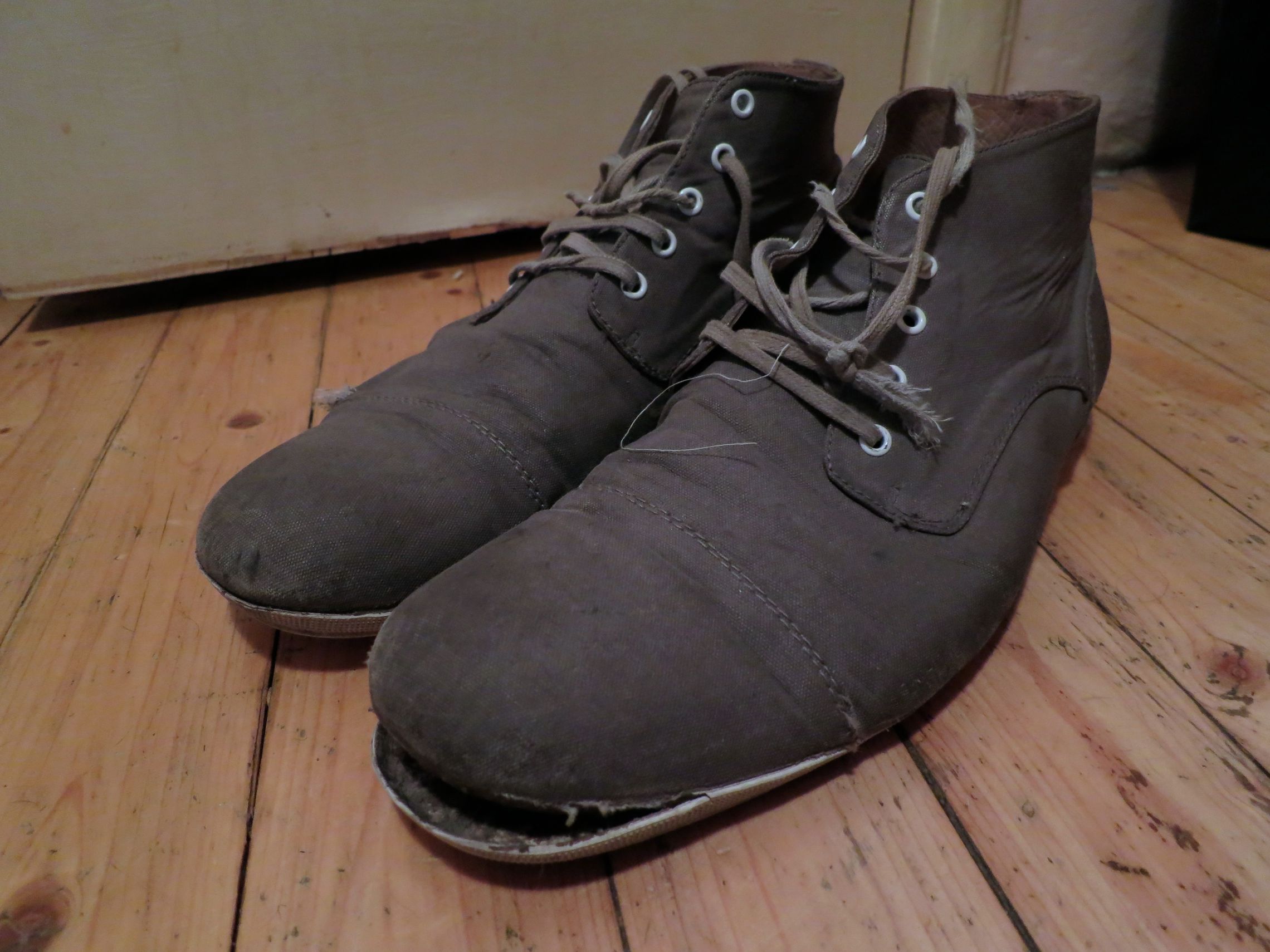I’ve lately thought about how much waste we produce. It’s mind-boggling. Every time I put something in the garbage bin, I think again, and I doubt that our household is amongst the worst producers of waste. Where did all that waste come from? Especially all that plastic? What’s going to happen to it? Why all my clothes wear out so quickly? Why all the electronic devices stop working so quickly? Why can’t they be repaired?
In our apartment, we have a couple of chairs found from my girlfried’s grandparents’ attic. The chairs can be seen in a photo from the 1920s, which means they’re at least ninety years old, yet they’re in great condition. They haven’t been in use all the time, but I’m still impressed: this kind of durability is in stark contrast to the planned obsolescence of modern devices.
For people who like shopping and new stuff, and for the companies producing that stuff, the short lifetime of their stuff is a blessing. If your clothes quickly wear out, then you soon get to buy new ones. For me, it feels wasteful and tedious.
Finding durable items
All this has made me pay more attention to the lifecycle of things around me. Here are some things to think about:
-
Will it age well? All items wear in usage. Some of them do it with dignity (this is the aesthetic of wabi-sabi), while others take it less well.
-
Can it be repaired? Can you do it yourself? Can you get spare parts? Wonders can be done to clothes and furniture, but many electronic devices are not designed to be user-serviceable. Still, there is a cool Ello post by Clay Shirky about hardware hackers in China: in China, repairing any electronics is business as usual.
-
Can it be resold or given away? Can it be recycled? When the item comes to the end of its road, can its materials be re-used? Can they be safely disposed?
